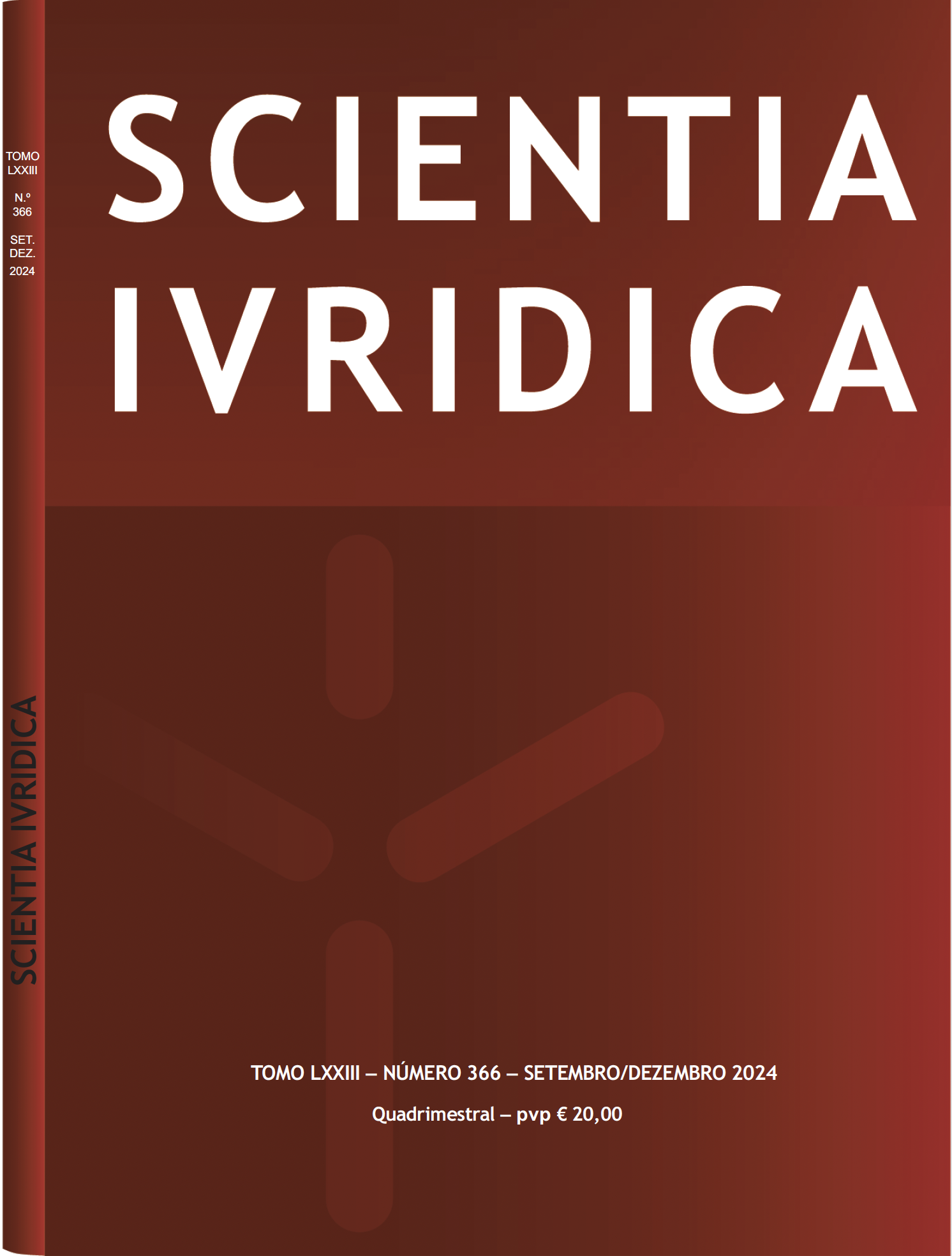Igualdade e poder local – legados da revolução, pilares da democracia: a representação política das mulheres no cargo de Presidente no mandato 2021-2025
DOI:
https://doi.org/10.21814/sj.6460Keywords:
Revolution, Parity, PresidentAbstract
Although Portugal has had a legal mechanism in place since 2006 aimed at balancing the political representation of both sexes – the Parity Law – significant areas of political power continue to develop entirely outside its scope. Among these powers, the office of the Mayor stands out due to its importance in the Portuguese political-constitutional landscape, particularly in light of the growing phenomenon of presidentialism in local government. Through empirical evidence, this paper aims to question the suitability of the Parity Law to the local power model in Portugal. It will also assess whether the Portuguese State is fulfilling its constitutionally mandated obligation to promote real equality between men and women in the exercise of political rights, as outlined in Articles 9(d) and (h) and 109 of the Constitution of the Portuguese Republic. Equality and local power are two crucial legacies of the Revolution that drastically altered the status of the Portuguese citizen. While both men and women are holders of equal rights and duties, and organized into local communities with constitutional autonomy to pursue their own interests, distinct from those of the State, Portuguese men and women continue to position themselves very differently as holders of political offices, especially at the local level. This article aims to analyze the role of the Parity Law in achieving gender equality in local government, highlighting its ineffectiveness in para-parity positions.



